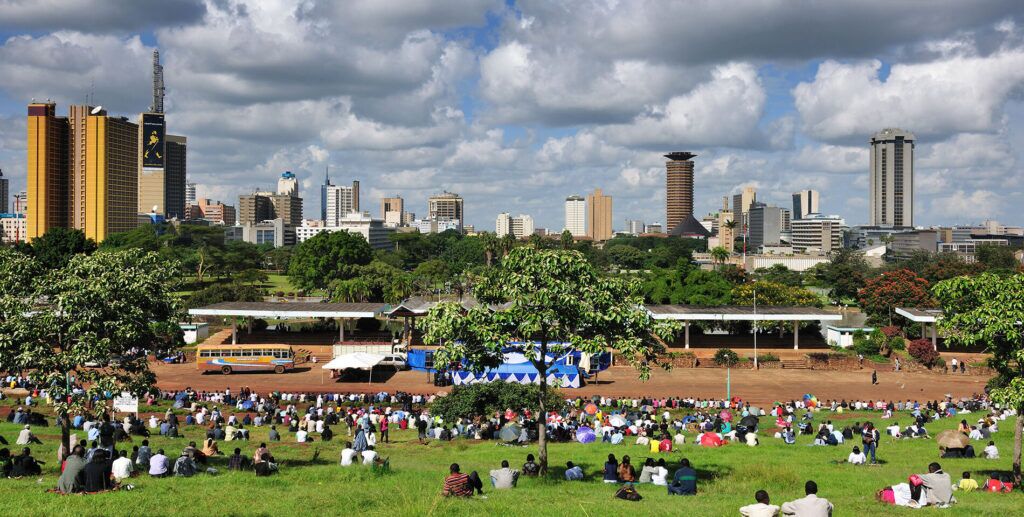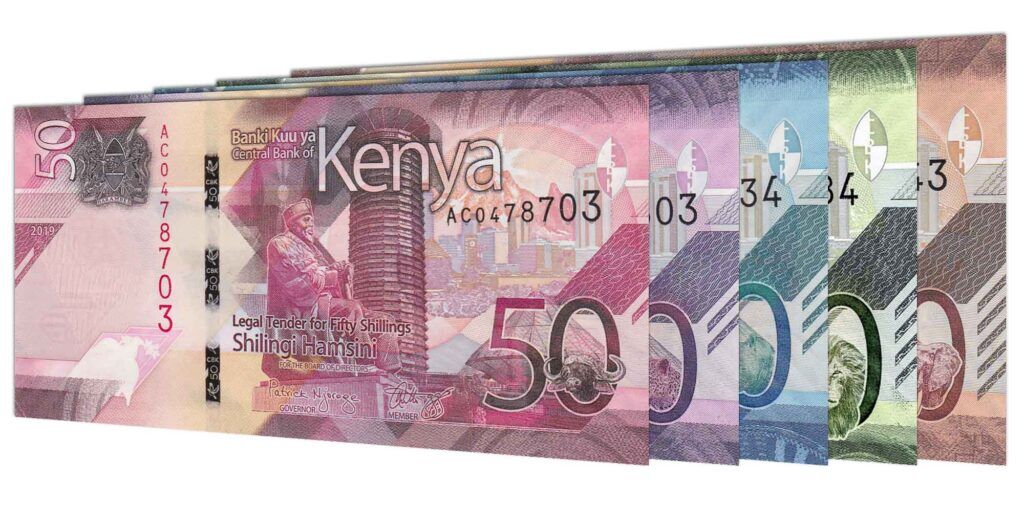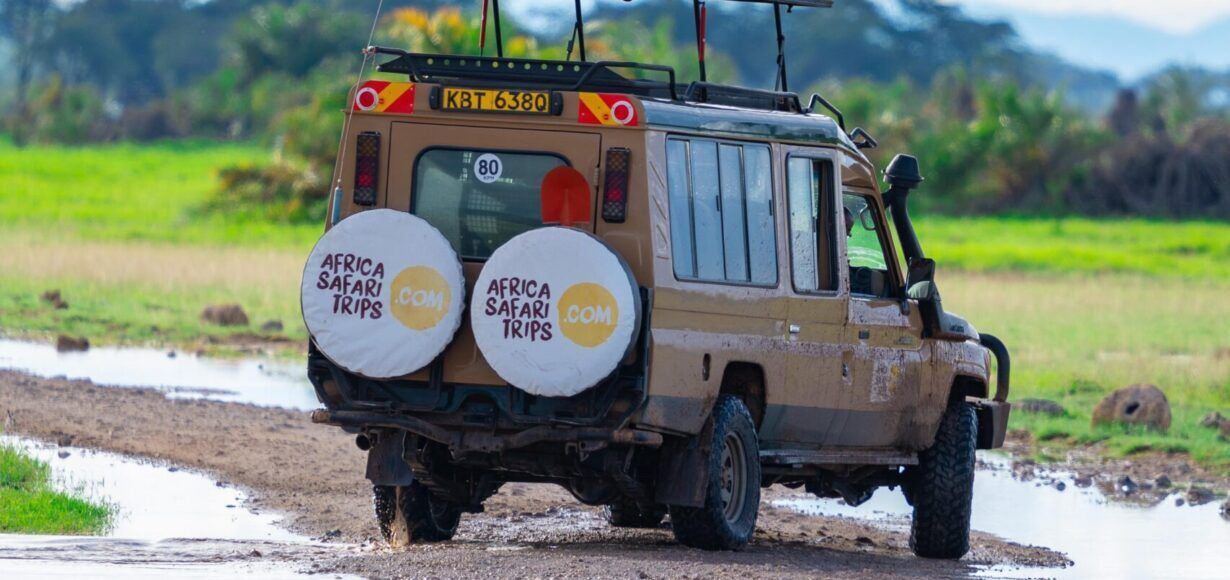Travel advice for Kenya
To many, Africa as a continent is still quite a mystery, as many people don’t know what to expect when travelling here. We put together some advice for first-timers as well as experienced travellers. This way, we make sure you step into the plane with a peaceful mind and need only think about the beautiful wildlife and views you are about to see!
Take your shots
Kenya is a tropical country and some vaccinations are recommended when visiting, Hepatitis A and Yellow Fever being the common ones. Malaria used to be a problem in Kenya, but has been mostly eradicated in recent years. However, most visitors take malaria medication to be sure and protect themselves at night with mosquito repellent. Make sure to pack some long-sleeved tops and trousers in case you want to be outdoors at night. All lodges are equipped with mosquito nets for you to avoid contact with mosquitos.
We are no doctors, however, and at all times recommend you ask your physician or local health centre for up-to-date advice before travelling to Kenya.
For Kenyan Covid-19 policies we kindly refer you to the Kenyan Ministry of Health.
Get your visa/eTA
You need an approved eTA (electronic Travel Authorization) to enter Kenya. You need to apply for this online BEFORE traveling, via this link of the official government eTA website.
The eTA costs 34.09 USD and is valid for three months. An official travel document is required, which has to be valid for at least six months after the last day of travel.

Dive into the language…
Kenya is a multilingual country, with Swahili and English being the two official languages. Almost all Kenyans speak both languages, many times mixed with each other (English with Swahili or vice versa) and with tribal languages.
…and the culture
Kenyans are a very welcoming people, who are known for their hospitality. In general, people will easily start up conversations with travellers. Sharing food is an important cultural custom, and people usually invite you for dinner or to share their meal. Street sellers will never miss the opportunity to sell you something, but in general, are not too pushy. Greetings are also an important custom, with many different varieties and usually a response that differs from the initial greeting. Here are the most basic ones:
“-Habari! ” -Mambo! “-Jambo!
– Nzuri.” -Poa!” -Jambo.”
Stay safe
Many people travelling to the African continent have questions about safety. Is Kenya safe to travel to? Our answer is clear: YES!
Kenya is definitely a safe country to visit, especially for people going on organised game drives with private guides as you will do with us. There are definitely some places to avoid in big cities like Nairobi or Mombasa, but – as with all big cities – by taking some precautions, you’ll be fine. We advise, for example, to leave the hotel at night with a driver and not to go strolling around alone. Also be aware not to wear big and visible jewellery, and keep an eye on your valuables.

Know the time difference
Los Angeles: -10 hours
New York: -7 hours
London: -2 hours
Berlin: -2 hours
Hong Kong: +5 hours
Sydney: +7 hours
Money in hand
The Kenyan Shilling is the official currency of Kenya. It is the common currency to use, even though hotels usually also accept US-dollars. 1 USD is approximately 110 Kenyan Shilling. Also payments with credit cards are possible in most places. However, we advise to have at least some Kenyan Shillings at hand.

Safety First: Don’t forget your Travel Insurance
When it comes to embarking on your dream adventure to Kenya, your safety is our top priority! That’s why we urge all travelers to ensure they have comprehensive travel insurance in place before setting off. While Africa Safari Trips doesn’t provide travel insurance directly, we’re delighted to recommend Chapka Travel Insurance as your go-to provider for your upcoming trip to Kenya.
With Chapka, you can rest assured that you’re fully covered for every aspect of your journey, from unexpected medical expenses to trip cancellations. Their personalized service means you only pay for what you truly need, giving you peace of mind to immerse yourself in the wonders of Kenya. So, before you pack your bags and set off on your safari, remember: Safety First. Don’t forget your Travel Insurance with Chapka.
Fun Fact
Traditionally, Kenyans have their own way of telling time in Swahili. The day starts at 6am, after which they start counting up to twelve. That’s why 7am in Swahili is saa mmoja (1 o’clock) and 1pm is saa saba (7 o’clock). 6pm is saa kumi na mbili (12 o’clock) and 7pm again saa mmoja!
Still have questions? For more information you can always contact us.
Let us create your tailor-made trip
Receive a free, no obligation quote
Start planning your dream trip


